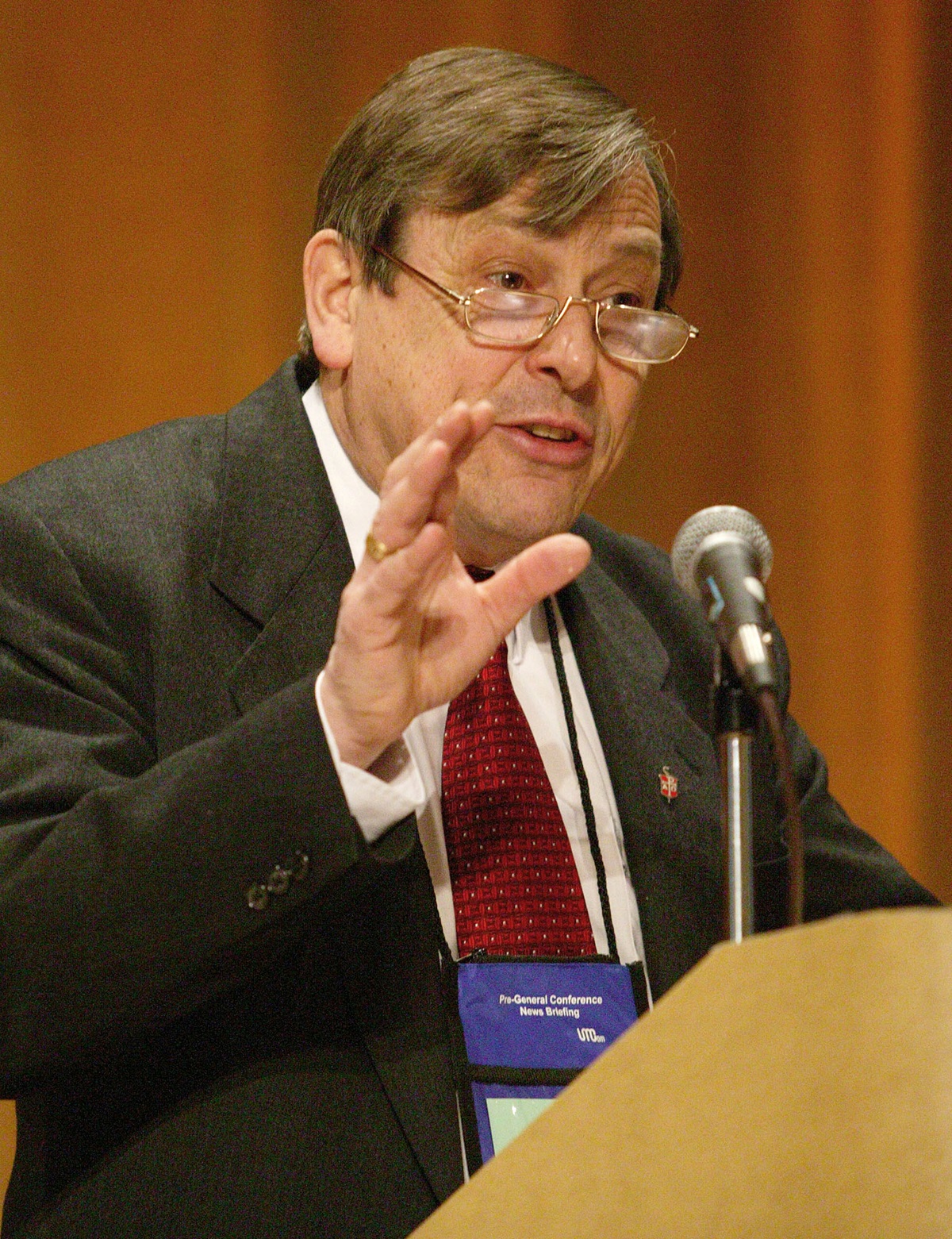The face of the United Methodist Church is becoming increasingly multinational - a change that will affect the denomination's top assembly this spring, according to Bishop Ruediger Minor.
"The number of delegates from other countries will be larger than ever before, which leads to a reduction of U.S. delegates," said Minor, who oversees the church's Eurasia Area out of Moscow and is president of the Council of Bishops.
"The more central conference delegates, the less 'business as usual,'" he said. These delegates probably do not know Roberts' Rules of Order, and they will need translation assistance-all of which can make the General Conference's work "awkward," he said.
"But it can also remind us that Christian conferencing is different from running a legislative machine."
Minor spoke Jan. 30 to about 280 church communicators, first-elected delegates and denomination leaders at the Pre-General Conference News Briefing, sponsored by United Methodist Communications.
The General Conference, held every four years, will meet April 27-May 7 in Pittsburgh.
Of the 998 delegates who will be attending, about 178 will be from "central conferences"-regional units of the church in Africa, Asia and Europe. That's up from 138 at the 1996 General Conference, according to the church's InfoServ unit.
"The voice of the central conference delegates can give a new perspective to issues and concerns that have dominated this church and its surrounding society for such a long time," Minor said.
For example, dialogue could help the church "overcome its preoccupation with numerical growth (or loss)," as well as deal with cultural issues in which a national church can become entrapped, he said. "Fixation upon homosexuality, on both sides of the barricade, seems to be one of them."
Dialogue with the central conference delegates can address problems such as hunger, illnesses, inequality and oppression in a comprehensive way, he said. The worldwide church can also "equalize a growing obsession with national security-not only in the U.S.-in joining forces for a just peace that would work for a removal of the root causes of violence and terrorism."
A native of the former East Germany, Minor described the impact the church has had on people around the world, starting with his native country, where the denomination bridged the rhetoric on both sides of the Cold War. "It was the Methodist Church that helped me to meet Christ and taught me the gospel and its consequences for my life as a youth in communist East Germany," he said.
United Methodism is helping Christianity grow in Africa, he continued. When the Methodist Church in Ivory Coast became a mission church of the United Methodist Board of Global Ministries last October, it did so because of the denomination's vision "to provide a ministry that goes beyond the borderlines and national and ethnic confines, claiming God's whole world as its parish," he said.
In the last 25 years, awareness in the United States of the denomination's worldwide nature has grown, resulting in stronger representation of central conferences on general boards and agencies, Minor said. "The growing weight and influence of the central conferences leads to mutual benefit for all parts of the church."
The number of delegates from the central conferences has risen as the number of United Methodists in those parts of the world has increased. The church's growth has been particularly strong in Africa, the Philippines and Eastern Europe. Members outside the United States account for 1.9 million of the church's 10.2 million total.
Though the U.S. side of the church provides much of the financial and material support, Minor said many Americans have told him their churches have benefited from doing mutual work with congregations in other parts of the world. "Methodists from Missouri went to Mozambique to support the growth of the church there, and Mozambican Methodists have been ministering with their American partners in churches in the U.S."
The Methodist movement has always been multifaceted, drawing on the heritage of people from many nationalities and races, Minor noted. "Germans have been among its first messengers, and Africans among its early converts." Nevertheless, he said, efforts are still needed "to make the ethnic and racial diversity of our church visible in the composition of its leadership - to mention only one area."
News media contact: Tim Tanton · (615) 742-5470 · Nashville, Tenn.
Like what you're reading? Support the ministry of UM News! Your support ensures the latest denominational news, dynamic stories and informative articles will continue to connect our global community. Make a tax-deductible donation at ResourceUMC.org/GiveUMCom.




